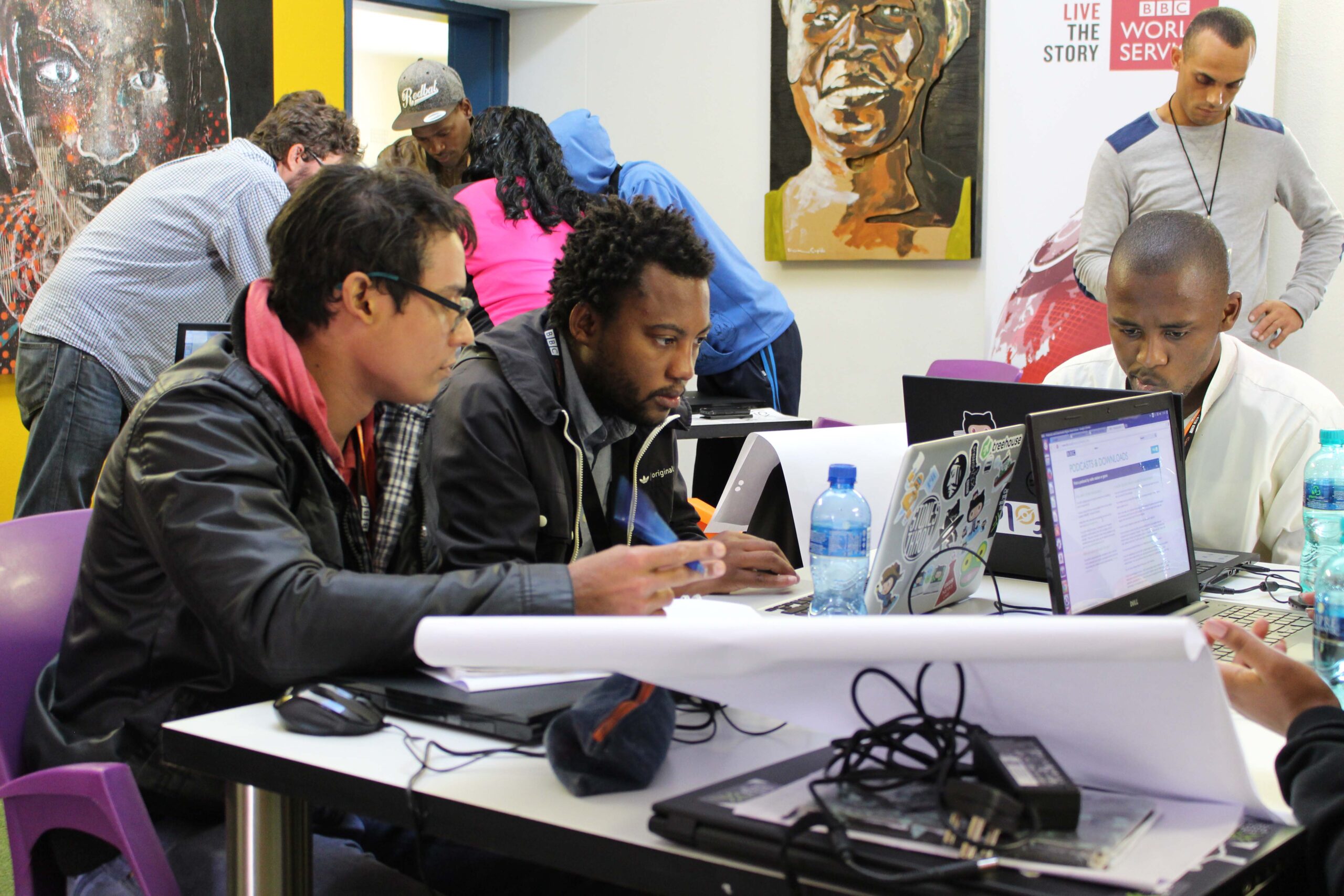African startups are steadfastly gaining the traction they deserve and the funding to back it. The past two years have been try and error for most businesses, with even the oldest establishments buckling under the new circumstances and pressure to stay afloat amid lockdowns, isolation, and curfews. However, this was a fruitful time for some of the most innovative businesses in Africa, with several startups raking in millions of dollars from pre-seed and early-stage funding.
Entrepreneurs such as Fara Ashiru Jituboh, whose fintech company Okra raised $1M in pre-seeding funding in 2020, are becoming regular. More people are taking the risk to create startups of their own that solve fundamental problems in Africa.
Let’s look at some African startups worth noticing this year.
1. Minly
Minly is an Egypt-based creator economy platform connecting celebrities and fans through personalised messages. A startup inspired by the pandemic allowed public figures to engage with fans and supporters despite restrictions. Founders Mohamed El-Shinnawy, Tarek Hosny, Tarek ElGanainy, Ahmed Abbas, and Bassel El-Toukhy, raised $3.6 million in seed funding last year.
By June 2021, Minly had more than 50 000 users. Minly shies away from the mass-produced template that other social media platforms use, which makes it popular among its users.
2. Lami
Female-led startups have been blazing the trail in recent years. For example, Lami, founded in 2018, the startup secured $1.8 million in seed funding last year.
Lami is a B2B2C insurance-as-a-service-platform and Application Programming Interface (API). The company has digitized the entire insurance value-chain end to end, including know your customer (KYC) and claims processing using its API.
In February, Lami Technologies acquired Bluewave Insurance Agency, both female-led companies. Lami founder, Jihan Abass, says the Bluewave acquisition will help democratise insurance access. In addition, the company will integrate Bluewave’s technology into its own and tap into Bluewave’s markets in the DRC and Malawi.
3. Stitch
In February 2021, South African fintech company Stitch announced its seed round of $4 million, which increased to $6 million by year-end.
Stitch’s API lets developers connect apps to financial accounts, allowing users to share transaction histories and balances, confirm their identities and make payments seamlessly.
In an exciting move, the company also announced last year that it would be launching in Nigeria.
4. Alpha Direct
Established in 2014, Alpha Direct, an insuretech startup in Botswana that offers business and personal products, had quite the year in 2021. Raking in $4.8 million in revenue, the company announced that it’d be expanding to Zambia and South Africa.
5. GetEquity
The Lagos-based startup founded by Jude Dike and William Okafor in 2021 is a fundraising and venture portfolio management company. GetEquity provides startups with a wide choice of funding options. People can buy in a listed startup starting at $10.
With the influx of African startups successfully raising funds, this innovative company provides an exciting option for those still searching. This year, the six-figure seed funding will propel this business to great heights.
6. JetStream
Co-founder of JetStream Miishe Addy launched the cross-border trading startup in 2017. JetStream offers logistics solutions to businesses in fast-growing economies, allowing them to see and control their cross-border supply chains.
The company reported a 500% increase in revenue in 2021. In addition, it implemented some changes like focusing on logistics aggregation instead of the freight-forwarding service.
With business booming like this, 2022 will be a great time to watch out for this Ghanaian startup.
7. Akiba Digital
Akiba Digital is best described as a modern credit bureau aimed at small businesses and individuals excluded by traditional credit bureau scores. This exclusion is a barrier that approximately 80% of small businesses in Africa face.
Founded in 2017, this startup raised $1.1 million in seed funding. CEO Tebogo Mokwena says this funding will help the company assess and possibly scale other African markets. Akiba Digital’s longer-term plans are ambitious and worth keeping an eye on.
8. Okra
This Nigerian fintech startup needs no introduction. As mentioned before, this company raised $1 million in pre-seed funding, furthermore raking in $3.5 million worth of investments during their seed round in 2020.
During a time of global uncertainty and instability, founders Fara Ashiru Jituboh and David Peterside turned Okra into one of Nigeria’s most successful startups. It is an API that links customers, applications, and banks through a secure portal that allows exchanging financial information and payments, which Jituboh noticed a lack of in Nigeria.
Okra’s list of investors is impressive and growing, showing how innovative this company is and how people see its value.
9. Viebeg
Viebeg is a one-of-its-kind on this list. Taking up space in the booming e-health sector, this Rwandan startup supplies Central and East Africa with high-quality medical equipment through its procurement platform.
Tobias Reiter and Alex Musyoka founded Viebeg in 2018 to help medical facilities better access and manage their health stock by directly connecting healthcare facilitators and manufacturers. By eliminating the middleman, Viebeg drives up savings.
With the state of medical facilities in Africa, this startup’s dedication to streamlining procurement is imperative in improving healthcare on the continent.
10. Wowzi (Kenya)
Wowzi is a company that has tapped into the new-age phenomenon that is social media by connecting users with advertisers. Social media influencing has become a significant source of income for both influencers and brands. Wowzi’s self-service online platform makes it easy for the two to create campaigns that reach a large audience.
Wowzi had raised $3.2 million in pre-seed and seed funding by December. With this funding, they’re planning to take their platform all over the continent. With influencer marketing growing more and more in popularity, Wowzi’s growth is inevitable and a must-watch.











